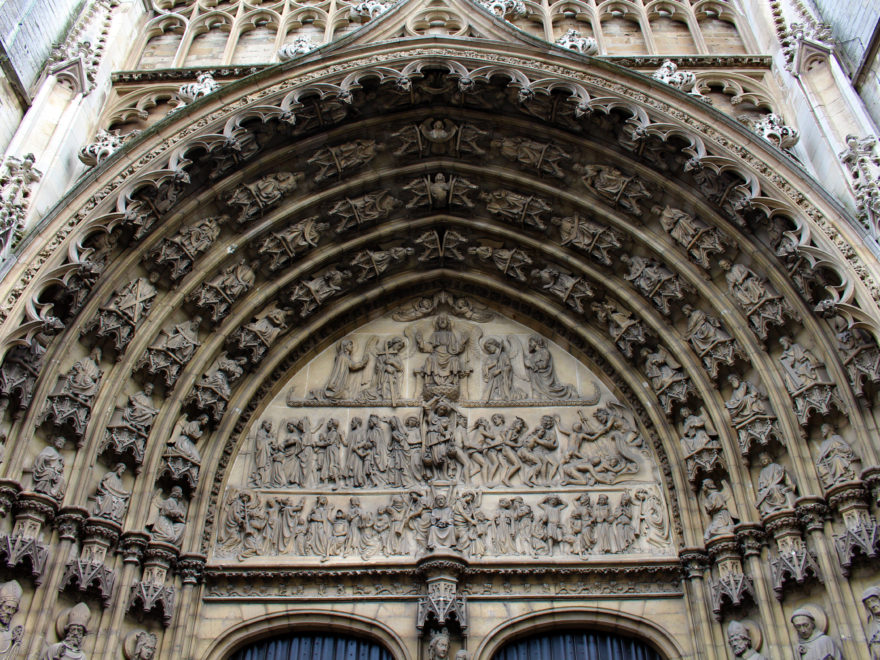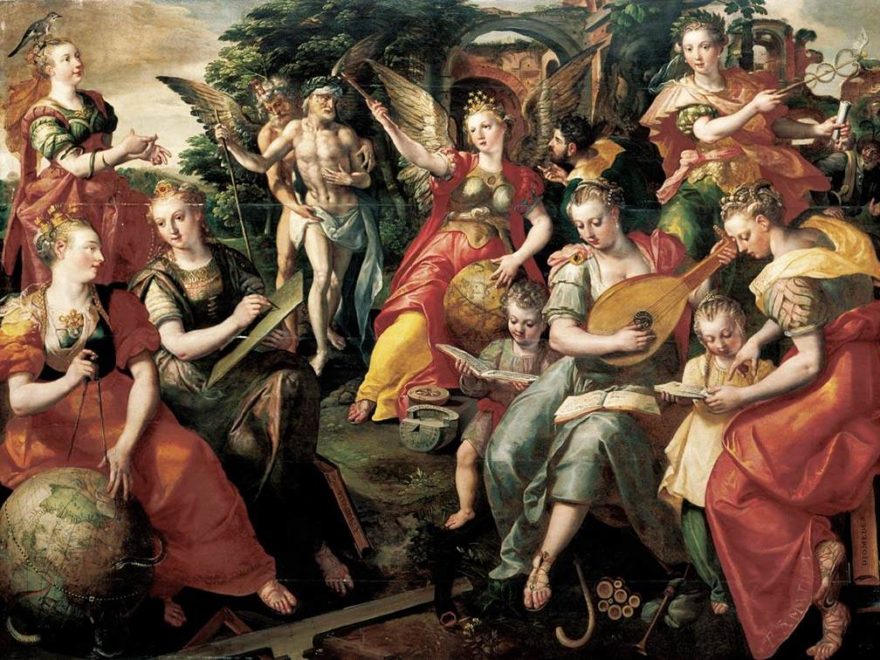Tag: dialectic
-
The Counsels of the Wise, Part 6: A Pedagogy of Prudence
At this point in our series, we have established prudence or practical wisdom as a Christian and classical goal of education. We have also laid out several paths toward prudence, seeds really, which must be sown in early youth in order to reap the full flowering of practical wisdom in students’ more mature years. Among…
-

The Flow of Thought, Part 5: The Play of Words
“Words, words, words.” Such was the enigmatic reply of Hamlet to Polonius’ question, “What do you read, my lord?” And as always, Hamlet’s feigned madness displays the ironical insight of a verbal sense of humor. After all, what is anyone reading these days, but merely words, words, and more words? Of course, Polonius interprets this…
-

Review of The Liberal Arts Tradition by Kevin Clark and Ravi Jain
Kevin Clark and Ravi Scott Jain. The Liberal Arts Tradition: A Philosophy of Christian Classical Education. Classical Academic Press, 2013. In The Liberal Arts Tradition Kevin Clark and Ravi Jain endeavor to set the record straight about what made up the course of study in the classical tradition of education. As two longtime friends and…
-

The Classical Distinction Between the Liberal Arts and Sciences
One of the encouraging recent developments in education is the recovery of the classical educational tradition of the liberal arts and sciences amongst Christian classical schools. Of course, we’re already laboring upstream, since to most people the term ‘liberal arts’ simply refers to general studies or the humanities. However, even the Christian classical school movement…
